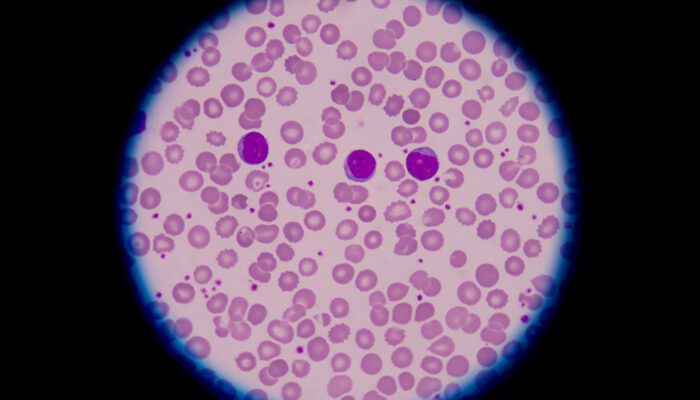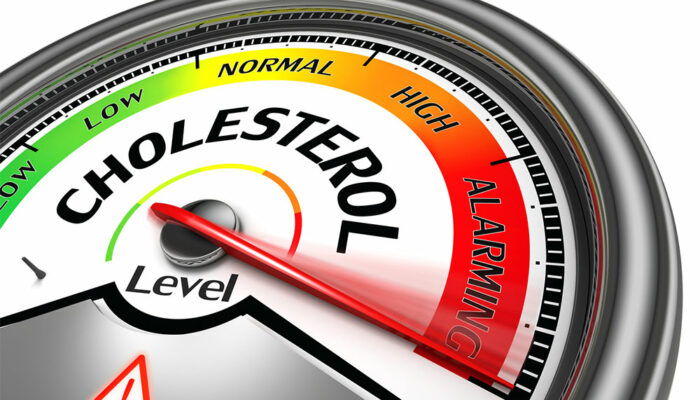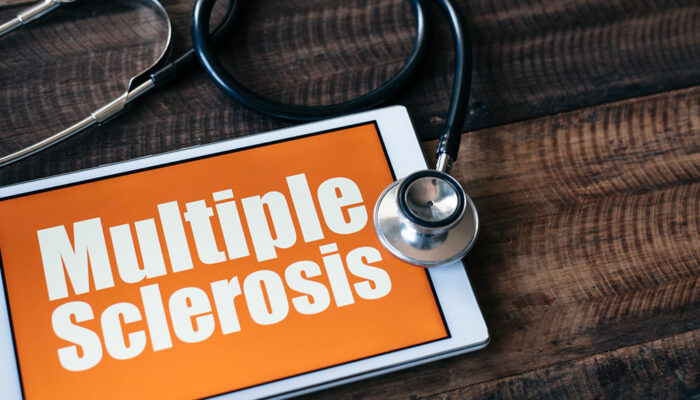
Medical conditions that can trigger severe hair loss
The body loses and replenishes hair regularly. It is a natural cycle that happens without you even noticing the hair fall. A few strands will get replaced by new growth every day. However, some people may experience severe hair fall, and this can be a cause for concern. Causes can range from vitamin deficiencies to more troubling medical conditions for which it is advisable to book an appointment with the doctor. Herein, we shall explore the most common medical conditions that trigger severe hair loss. Androgenetic Alopecia Also known as male or female pattern baldness, Androgenetic Alopecia is one of the most common causes of hair loss. This condition can trigger hair fall right after puberty hits and can worsen over a short period. While men tend to lose hair in more concentrated spots around the temple and the back, women lose hair all over the scalp, gradually leaving a thinner growth. Women may also experience rapid alopecia after experiencing menopause. The body undergoes hormonal changes during the transition and can trigger several uncontrollable chemical responses that can lead to hair loss. Telogen Effluvium Telogen is the body’s natural phase during which shedding happens in a normal growth cycle. Under any circumstances, the old hair falls out to make room for new follicles.
Read More 















